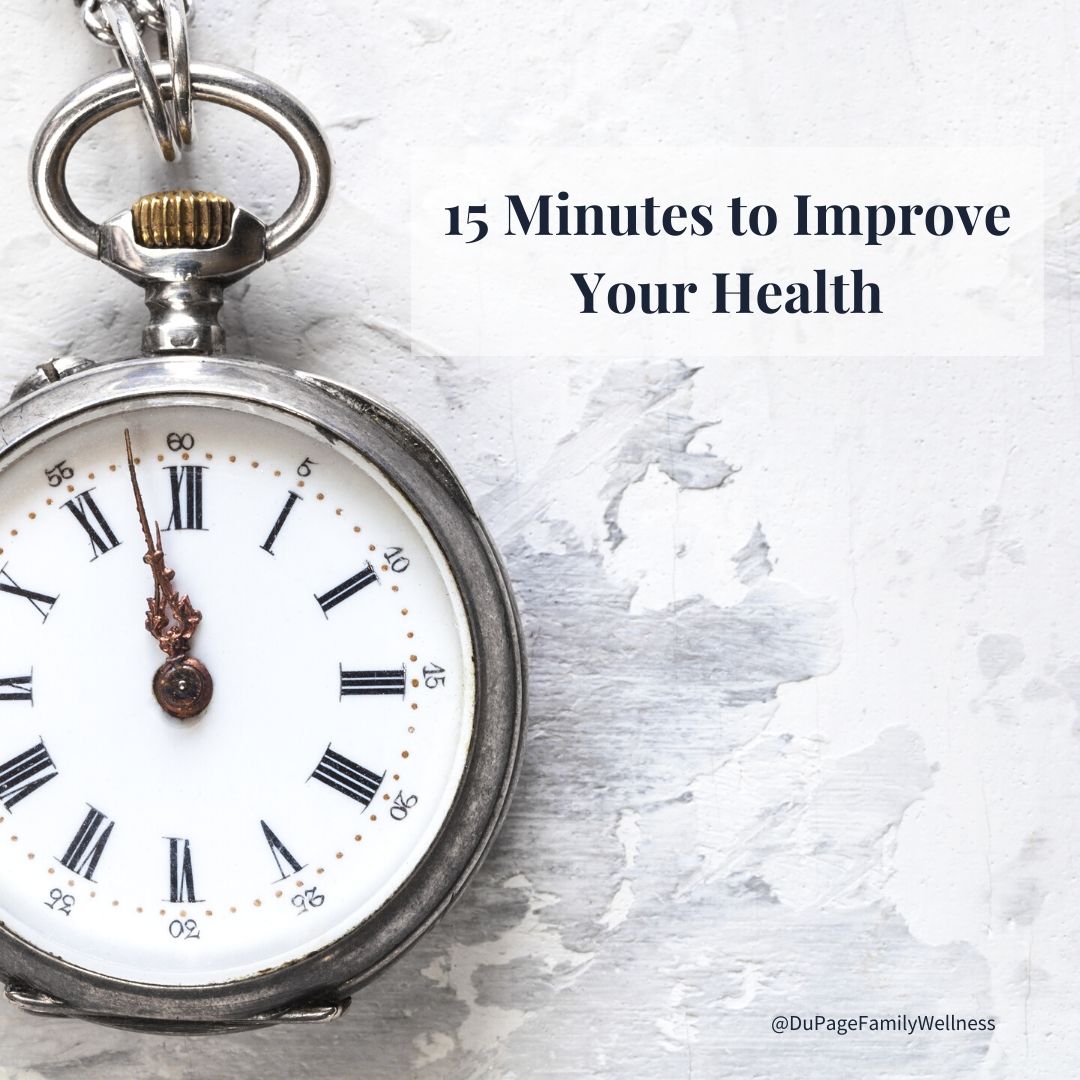 Many people are experiencing the benefits of journaling for 15 minutes a day!
Many people are experiencing the benefits of journaling for 15 minutes a day!
While keeping a journal is an ancient practice, it has become extremely popular today and has attracted the attention of many research scientists. This simple exercise can have a profound effect on both your mental and physical health.
It is amazing to see the research confirm what proponents of journaling have told us all along. As we look at the benefits of journaling it becomes clear that this inexpensive, simple practice is an investment worth our time.
What is Journaling?
Journaling is a way to express yourself freely through the written word. This can take on many different forms and there are no rules to how this is done.
Many people simply start writing about their day, something that is bothering them, or a problem they are trying to solve. Getting their emotions out on paper helps clarify their experience and releases emotion. Other people use their journal to remind themselves about what they have accomplished, while others focus on things for which they are grateful.
Some people find that it is helpful to use a prompt to start journaling. Questions or inspirational quotes make good journal prompts, encouraging people to consider things they otherwise might overlook. The important thing is to let the writing flow freely without censoring yourself.
Tips for Journaling
- Confidentiality: Journals should be considered a private space. Most people feel more liberty to share their thoughts when they know other people will not read them. From time to time you may choose to share a portion of their journal with a trusted friend, but it should be assumed that writings are for the person journaling and no one else.
- Uncensored & Unedited: Journals are a place to get thoughts down on paper as freely as possible. Discoveries are best made when you get in a flow and don’t think too hard. For this reason it is best not to censor or edit your work. Give yourself permission to get it out on paper. Tap into those thoughts that otherwise would remain unconscious. Don’t let grammar or punctuation weigh you down.
Read more ...
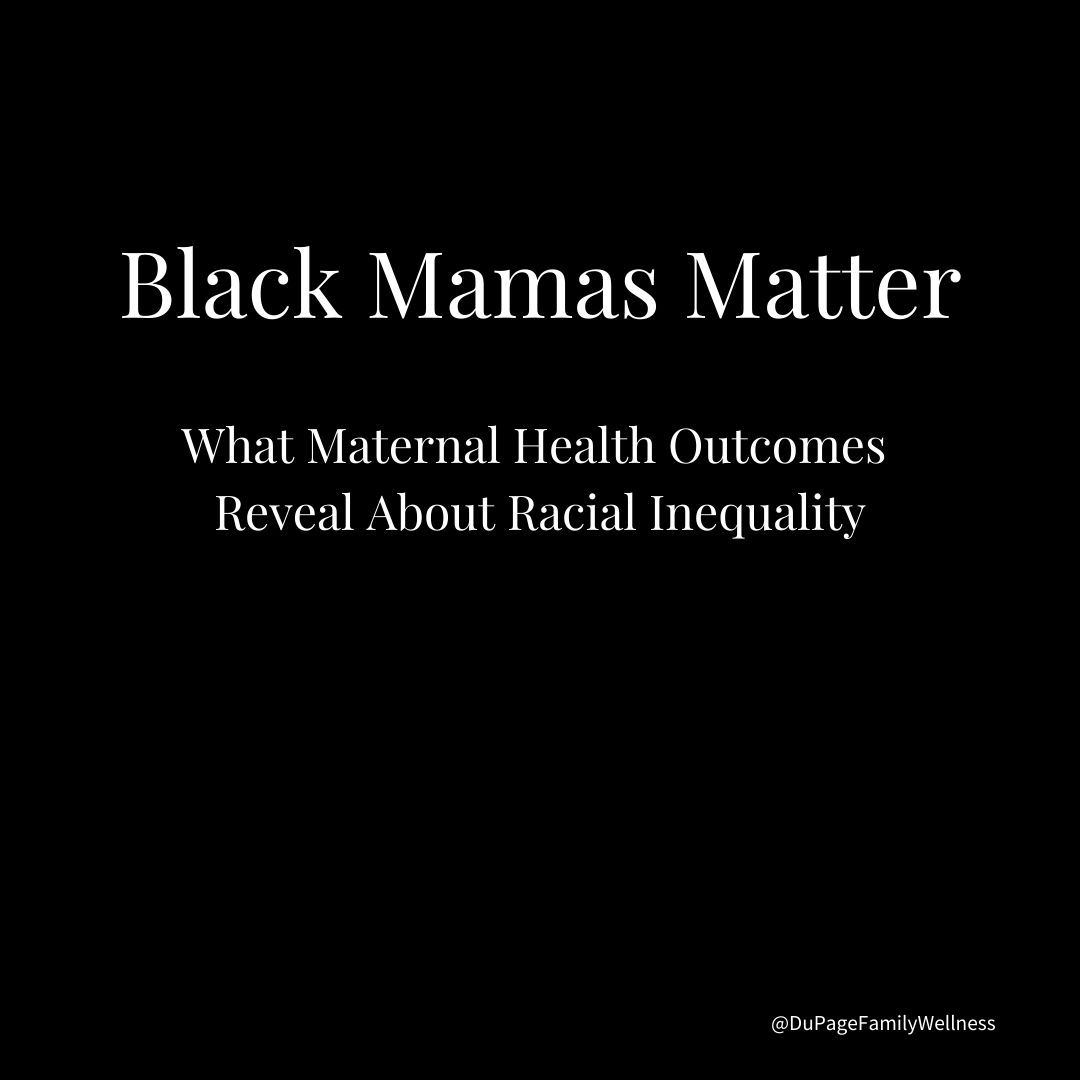 Looking at issues of racial inequality can be uncomfortable. Many people would like to believe that the world treats everyone in a fair manner. When evidence reveals that it doesn’t, we should be uncomfortable, because we shouldn’t be comfortable with injustice.
Looking at issues of racial inequality can be uncomfortable. Many people would like to believe that the world treats everyone in a fair manner. When evidence reveals that it doesn’t, we should be uncomfortable, because we shouldn’t be comfortable with injustice.
One would hope that the medical community - those there to care for your health - would be free from this inequality. Unfortunately, especially when it comes to maternal health outcomes that is simply not the case!
I understand that many things in this article may be hard to read. But if we want to truly understand these issues and make a difference, it is important to take an honest look at both where we are at as a nation and how we got there.
In a way, I hope this article makes you uncomfortable... uncomfortable enough to respond with compassionate action! (And don’t worry, we won’t be focusing only on the problem, there will be some action points at the end of the article so that you can be part of the solution today.)
Even though it is a good thing for many of us to be in this uncomfortable discussion, I want to honor those who have been affected directly by these issues. Therefore I am issuing my first ever trigger warning.
**Trigger Warning - Racial inequality, negative maternal health outcomes, maternal mortality, medical cruelty, etc.**
The Current Truth
In the US, Black women are actually three to four times more likely than White women to die from pregnancy related complications (1). Their babies have twice the rate of preterm deliveries and low birth rates (2). It is important to note that research has found “this increased risk of pregnancy-related death among Black women is independent of age, parity, or education” (3).
One study calculated the amount of patients with preeclampsia, eclampsia, abruptio placentae, placenta previa, and postpartum hemorrhage. It found that while the prevalence rates were the same, Black women were 2 to 3 times more likely to die from these issues then White women were (3).
In order to understand this tragedy, it is important to look at both our history as well as current factors.
Read more ...
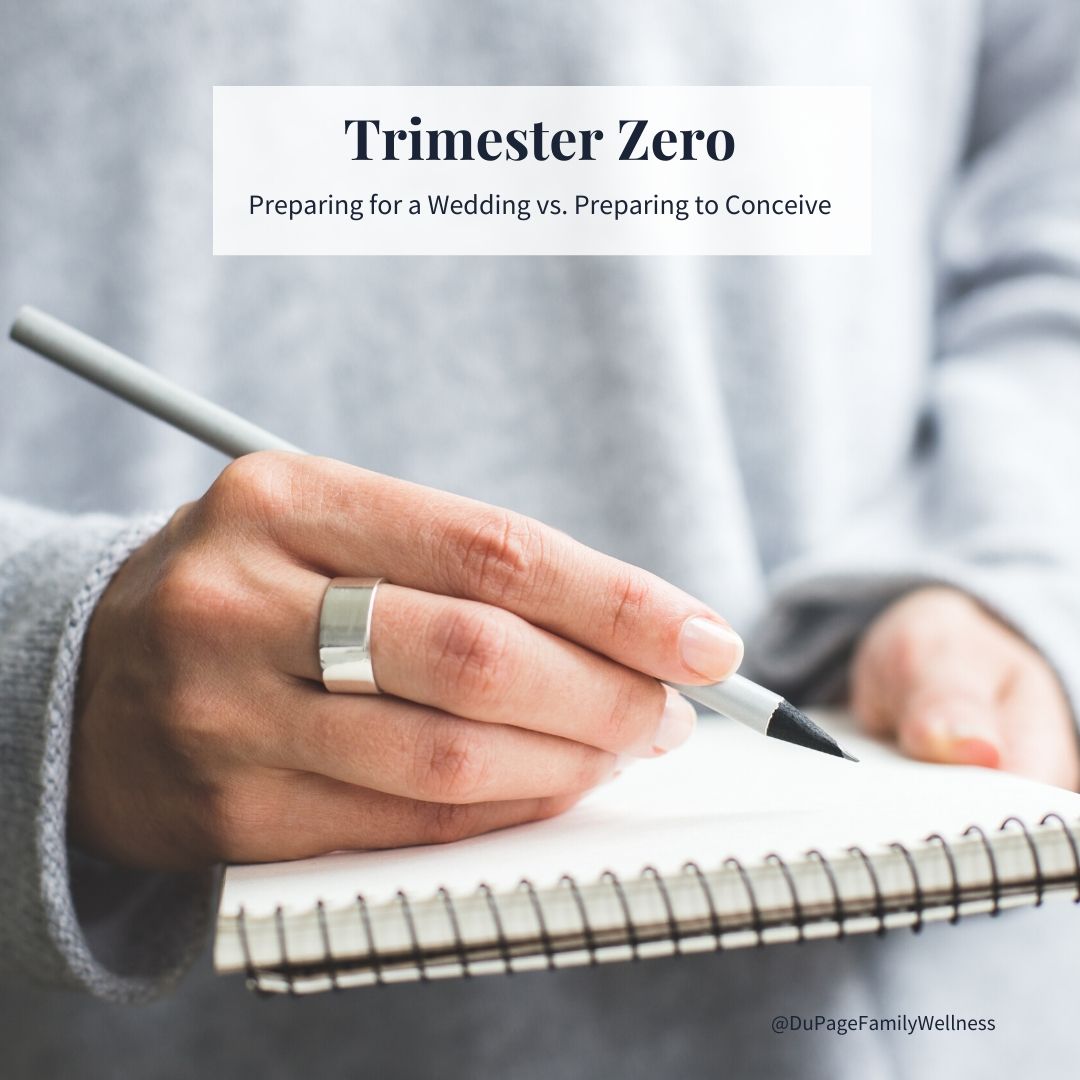 What if we spent just as long preparing to get pregnant as we do preparing to get married?
What if we spent just as long preparing to get pregnant as we do preparing to get married?
Preparing for a Wedding vs. Preparing for Pregnancy
Couples know that preparing a beautiful wedding takes work. Many people take 12-18 months working on the details for this one day. They know it takes a plan. It doesn’t just fall together, unless perhaps they simply elope.
Yet when a couple decides to try to have a baby, they often jump right in without preparing themselves or their bodies. Our society doesn’t understand that there are many things a couple can do to prepare themselves for a healthy pregnancy. It’s like we think everyone can do the equivalent of eloping in this area.
When Pregnancy Doesn't Happen Quickly
When a couple does not achieve pregnancy quickly, they are often told that it just takes time and to keep trying.
Although this is intended to be encouraging, this isn’t an empowering message. I would rather offer the couple a clear plan towards health, helping them see this as a time of preparation instead of just waiting.
Focusing on helping the couple achieve ultimate health increases their chances of a healthy pregnancy and a radiantly healthy baby.
How Long to Focus on Preconception Health
Did you know that the egg takes about 120 days to mature from a follicle to an egg? And that sperm matures in about 60 days?
Since the health of the egg and the sperm are vital to the health of the baby, it is important to focus on being as healthy as possible for at least that long before trying to conceive.
Read more ...
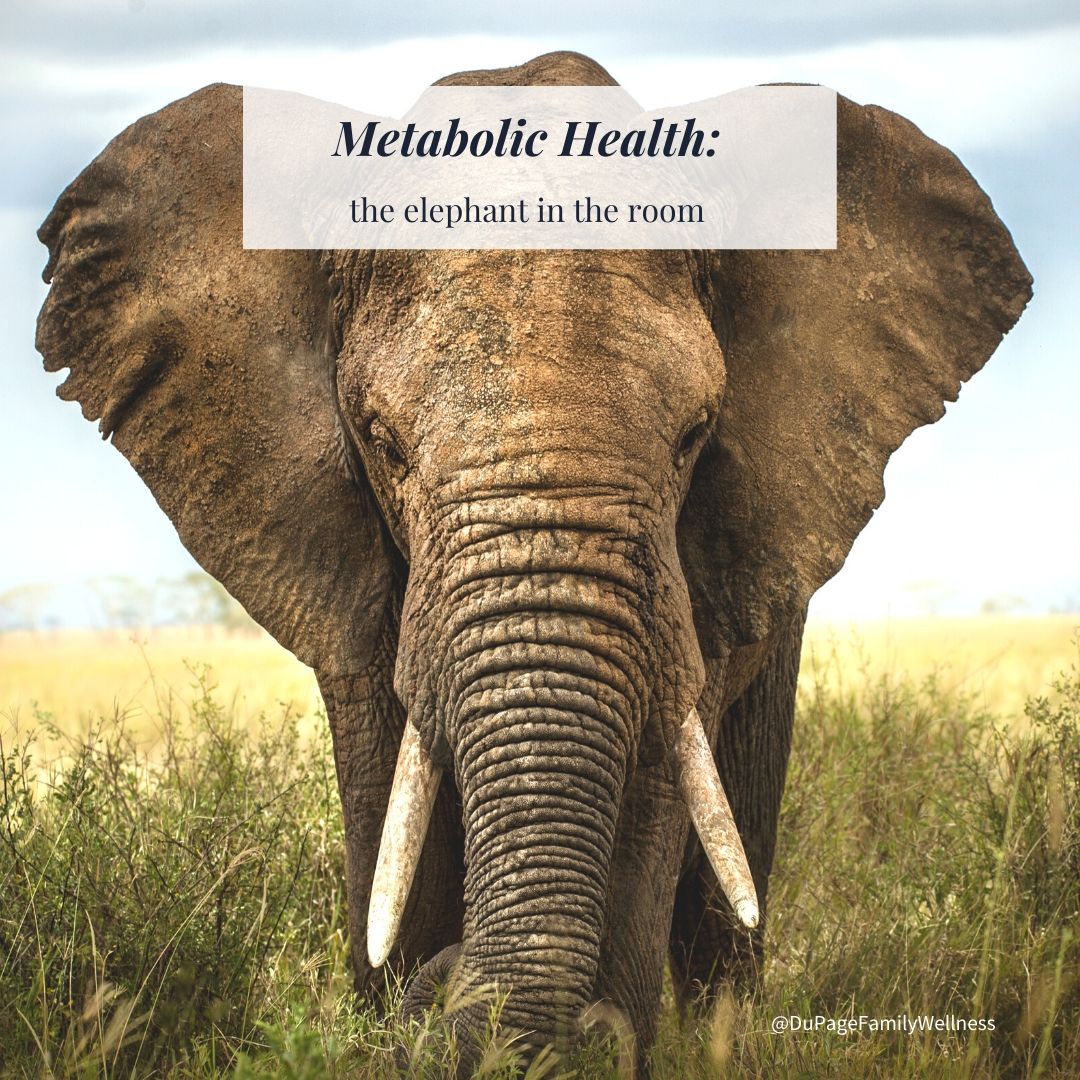 With all that is going on in our world today, everyone wants to be healthy. People want to boost their immune system, so their bodies will be resilient and strong.
With all that is going on in our world today, everyone wants to be healthy. People want to boost their immune system, so their bodies will be resilient and strong.
Many people consider themselves healthy since they are active and in a normal weight range. But research is showing that it is possible even for thin people to be quite unhealthy. It’s like they are thin on the outside, but fat on the inside.
So what does it mean to truly be healthy? How do we measure our health objectively? And what can we do to improve our health?
Recently, I listened to one of my favorite podcasts The Doctor’s Farmacy. In it, Dr. Hyman was speaking with Dr. Aseem Malhotra on this very topic. Dr. Malhotra is a cardiologist, professor, author, and health advocate in the UK. They talked about Metabolic Health, how to measure it, why it matters, and the impact it has on public health.
Let’s take a brief look at this important subject and how you can use this knowledge on your journey to wellness!
Read more ...
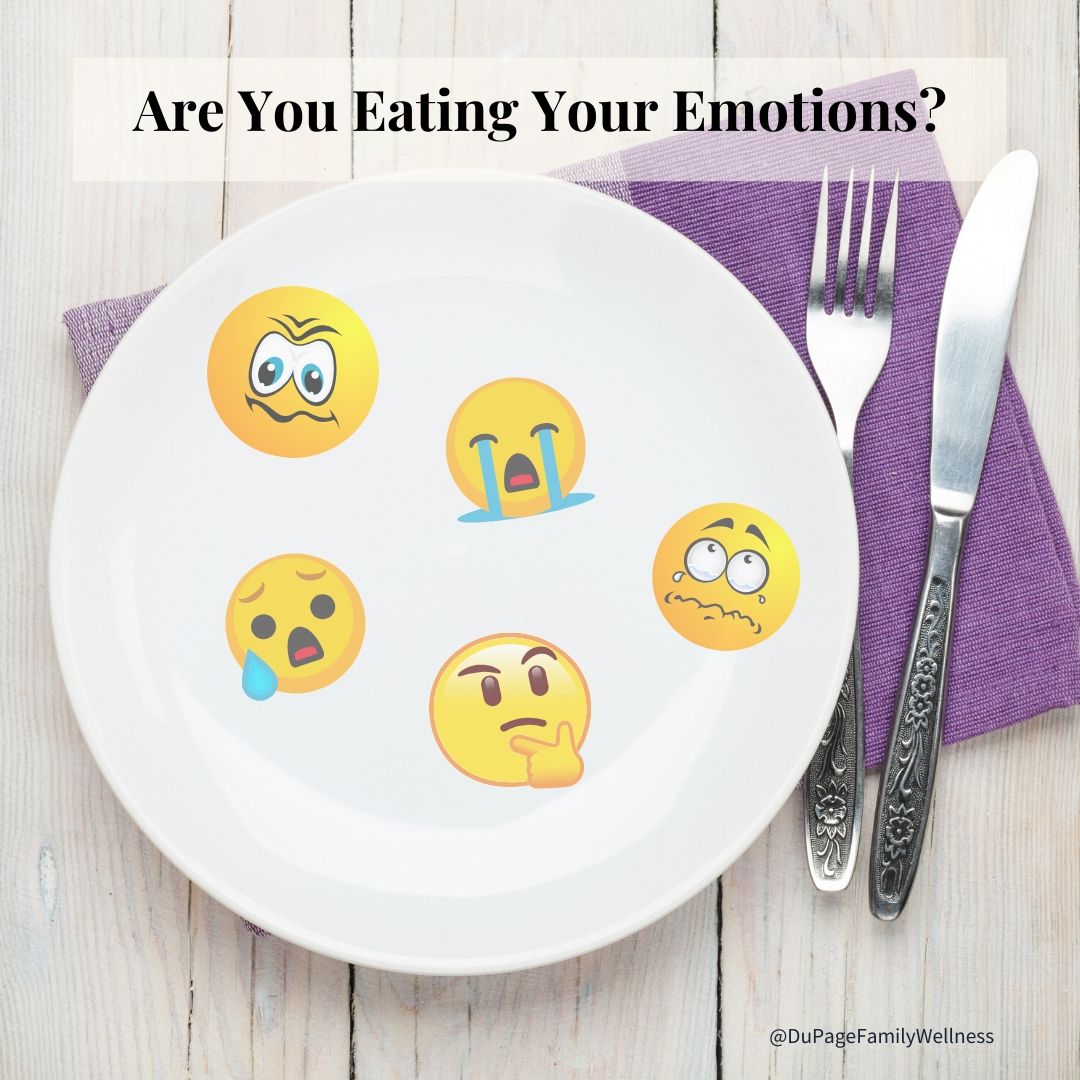 The state of our world has brought stress levels to an all time high. Illinois shelter in place orders were issued over 8 weeks ago, and our routines have been significantly impacted. As a result many people are dealing with more loneliness, boredom, and depression than they ever have before.
The state of our world has brought stress levels to an all time high. Illinois shelter in place orders were issued over 8 weeks ago, and our routines have been significantly impacted. As a result many people are dealing with more loneliness, boredom, and depression than they ever have before.
When we are faced with challenging times and strong emotions, it can be easy to turn to food for comfort. Eating in these moments may be an attempt to meet emotional needs rather than physical ones. Let’s take a look at emotional eating and what we can do to deal with it in these extreme times!
What is Emotional Eating?
When we feel sad, anxious, lonely, or angry it can be tempting to reach for food. When we reach for food to fill an emotional need rather than a physical one, it is called emotional eating.
Emotional eating is an attempt to self-soothe and has a way of numbing our feelings temporarily. Not only are we distracted by the sweet or salty tastes, but it can affect the chemicals in our body. When we consume sugar our brain produces a surge of dopamine. Since dopamine is known as the feel good hormone in the body, it brings us temporary relief from difficult feelings.
While soothing ourselves this way may feel better in the moment, emotional eating isn't the best way to handle our emotions. It doesn’t effectively deal with the underlying emotions and often leads to regret. Emotional eating may also create unintended health consequences if we indulge in it often. There are many better ways to soothe ourselves, but we must first recognize when we are attempting to eat our emotions.
Building Awareness
Since we often emotionally eat without realizing what we are doing it will be important to cultivate self-awareness. By checking in with yourself and knowing the clues, you can determine whether you are truly hungry.
Read more ...
 Many people are experiencing the benefits of journaling for 15 minutes a day!
Many people are experiencing the benefits of journaling for 15 minutes a day!

 Looking at issues of racial inequality can be uncomfortable. Many people would like to believe that the world treats everyone in a fair manner. When evidence reveals that it doesn’t, we should be uncomfortable, because we shouldn’t be comfortable with injustice.
Looking at issues of racial inequality can be uncomfortable. Many people would like to believe that the world treats everyone in a fair manner. When evidence reveals that it doesn’t, we should be uncomfortable, because we shouldn’t be comfortable with injustice. What if we spent just as long preparing to get pregnant as we do preparing to get married?
What if we spent just as long preparing to get pregnant as we do preparing to get married? With all that is going on in our world today, everyone wants to be healthy. People want to boost their immune system, so their bodies will be resilient and strong.
With all that is going on in our world today, everyone wants to be healthy. People want to boost their immune system, so their bodies will be resilient and strong. The state of our world has brought stress levels to an all time high. Illinois shelter in place orders were issued over 8 weeks ago, and our routines have been significantly impacted. As a result many people are dealing with more loneliness, boredom, and depression than they ever have before.
The state of our world has brought stress levels to an all time high. Illinois shelter in place orders were issued over 8 weeks ago, and our routines have been significantly impacted. As a result many people are dealing with more loneliness, boredom, and depression than they ever have before. 